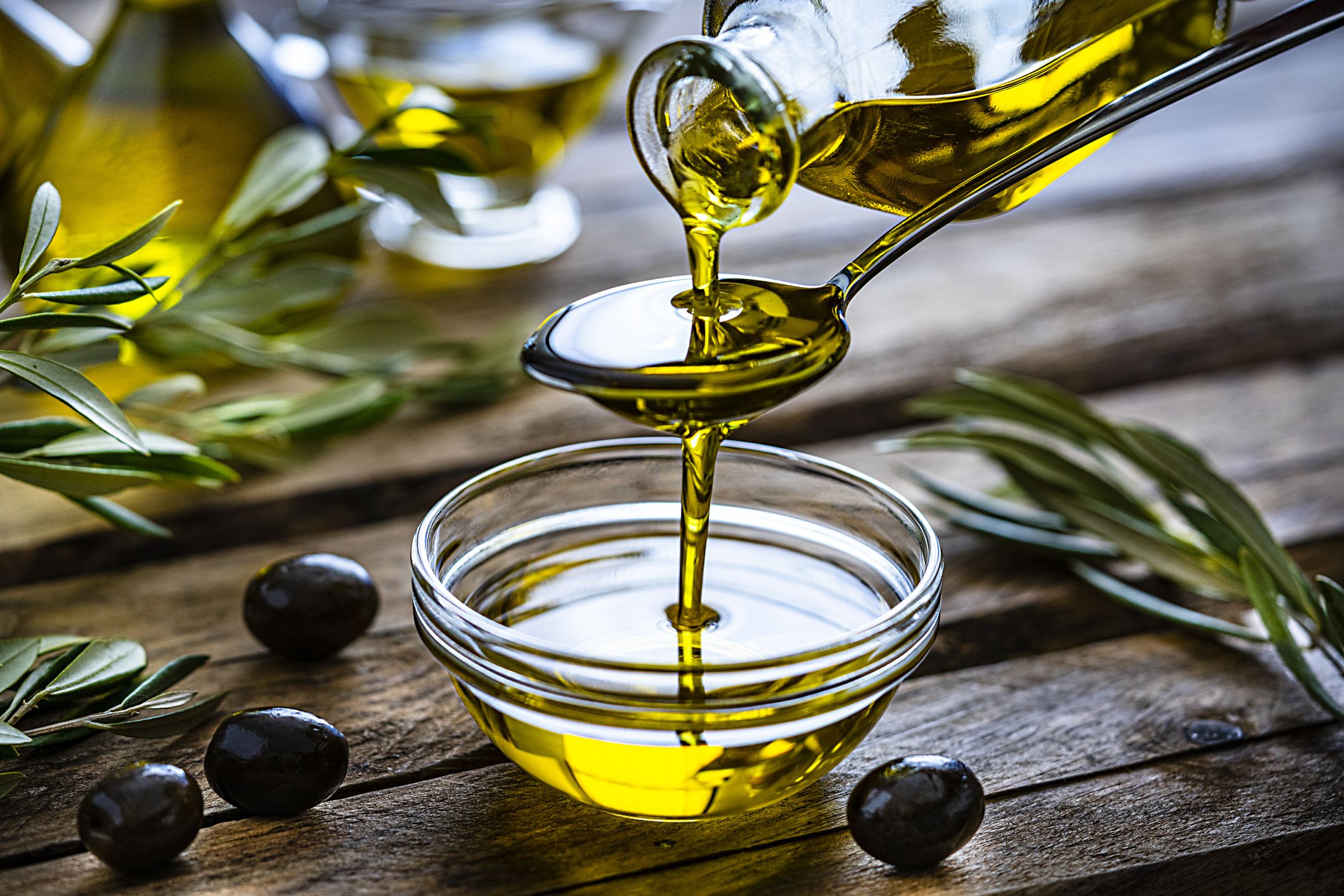- Empty cart.
- Continue Shopping
How to Choose Healthy Cooking Oils

Cooking oils are a kitchen staple, used for everything from frying and sautéing to baking and salad dressings. However, not all oils are created equal when it comes to health benefits. With a plethora of options available, choosing the right cooking oil can be a daunting task.
Factors to Consider
Smoke Point
The smoke point is the temperature at which an oil starts to break down and produce smoke. Oils with higher smoke points are better suited for high-heat cooking methods like frying.
Nutritional Content
Look for oils rich in healthy fats, such as monounsaturated and polyunsaturated fats, and low in saturated fats. Some oils also contain beneficial nutrients like antioxidants and omega-3 fatty acids.
Flavor
The flavor of the oil can impact the taste of your dish. Neutral oils are versatile, while oils with strong flavors may be better suited for specific cuisines.
Shelf Life
Some oils have a longer shelf life than others. If you don’t use oil frequently, opt for one that stays good for an extended period.
Recommended Oils for Different Cooking Needs
High-Heat Cooking
- Avocado Oil: High smoke point and rich in monounsaturated fats.
- Canola Oil: High smoke point and neutral flavor.
- Grapeseed Oil: High smoke point and low in saturated fat.
Medium-Heat Cooking
- Olive Oil: Rich in antioxidants and monounsaturated fats. Extra virgin olive oil is best for medium-heat cooking.
- Coconut Oil: Although high in saturated fat, it’s stable at medium heat and offers a distinct flavor.
- Sesame Oil: Good for stir-frying and rich in antioxidants.
Cold Dishes and Dressings
- Flaxseed Oil: High in omega-3 fatty acids but has a low smoke point, making it suitable for cold dishes.
- Walnut Oil: Rich in polyunsaturated fats and offers a nutty flavor.
- Extra Virgin Olive Oil: Excellent for dressings due to its robust flavor and health benefits.
Tips for Storing Cooking Oils
- Keep Away from Light and Heat: Store oils in a cool, dark place to prolong their shelf life.
- Use Airtight Containers: Exposure to air can cause oils to go rancid.
- Check Expiry Dates: Always check the expiry date when purchasing and discard any oil that smells off or has passed its expiry date.
Finally, choosing a healthy cooking oil involves considering various factors like smoke point, nutritional content, flavor, and shelf life. By understanding your cooking needs and the properties of different oils, you can make an informed choice that not only enhances your dishes but also benefits your health. So the next time you find yourself puzzled in the oil aisle, remember these tips and make a choice that suits both your culinary and health needs.








